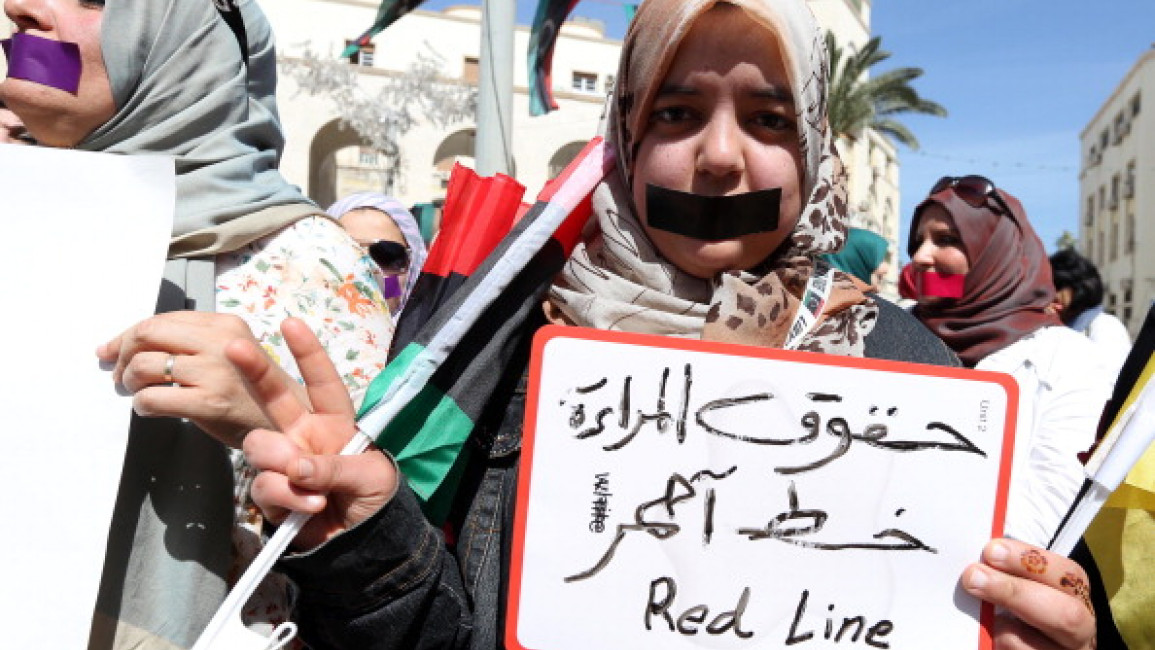UN experts condemn Libya discrimination of women travellers
United Nations experts on Thursday slammed a Libyan government policy effectively blocking women and girls from travelling abroad without a male guardian as discriminatory and a violation of their rights.
The UN-recognised government in divided Libya issued a new policy in April requiring women and girls travelling without a male escort, or a so-called mahram, to complete a detailed form about the reasons for their travel and past travel.
Those who refuse to complete or submit the form are reportedly denied exit, warned nine independent UN rights experts, including members of the working group on discrimination against women and girls and the special rapporteur on violence against women and girls.
"Not only is this policy discriminatory, but it also restricts the freedom of movement of women and girls, including students who leave the country to study abroad," they said in a statement.
"We are particularly concerned about the negative impact of the discriminatory procedure on the fundamental rights and freedoms of women and girls."
The experts, who are appointed by the UN Human Rights Council but do not speak on behalf of the UN, also voiced alarm about reports that the Libyan Internal Security Agency was intimidating rights defenders who spoke out against the policy.
"In addition to being discriminatory, the policy has restricted the freedom of movement of women and girls," they warned.
They urged Libya's UN-brokered, Tripoli-based Government of National Unity - one of two rival governments in the conflict-ravaged North African country - to "withdraw the discriminatory requirement."
They also urged authorities to "prevent all intimidation, harassment and attacks" against those who protested against the requirement.



